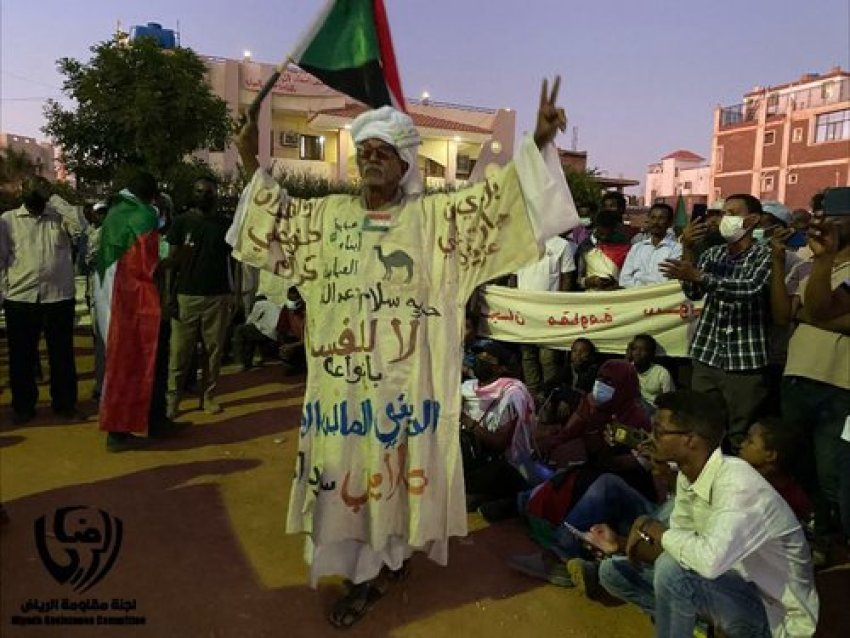
The Rapid Support Forces (RSF) in Sudan, also known as the Janjaweed, displaced millions and played a dominant role in the Darfur conflict in which an estimated 300,000 civilians were killed.
RSF leader, Mohamed Hamdan Dagalo, known as Hemedti, is a prominent figure, and featured in the International Criminal Court investigation into allegations of genocide, crimes against humanity and war crimes in Darfur.
The RSF also played a role in the massacre [of peaceful protesters, who had staged a sit-in] outside the Army’s headquarters in the capital, Khartoum, on June 3, 2019. RSF members then brutally attacked peaceful demonstrators in various cities and rural parts of Sudan in the days that followed. Its role continues today, with more than 40 people brutally killed and hundreds injured since the military coup on October 25.
The RFS receives funds directly from the Sudanese government however, its finances are not controlled by the military nor the civilian elements of the government. RSF militia took advantage of the economic and political chaos in the country to diversify its sources of income and took control of the gold mines in Jebel Amer in North Darfur, the Singo mines in South Darfur, and other mining areas. Those mines in Darfur belong to Sudanese people, but are controlled by RSF guns.
In order to meet the rising costs of weapons and equipment, administrative expenses and salaries for its members, the RSF engages in illegal activities ranging from smuggling to drug trafficking, and various activities such as livestock and agricultural exports through its economic arm, the Al-Junaid Company. Hemedti’s brother chairs the company’s board.
RSF militias are also engaged in the so-called fight against illegal immigration, along Sudan’s north-west border with Libya, the main gateway for smuggling immigrants from Sudan and the countries of the Horn of Africa to Europe.
In addition, a key source of income for the leadership of the RSF militias is from work as professional mercenaries. RSF mercenaries constitute the largest forces on the ground in the war in Yemen and along the southern border of Saudi Arabia. According to Hemedti, 30,000 RSF mercenaries are fighting in Yemen at the request of the United Arab Emirates.
Hemedti sits at the apex of a “paramilitary-industrial complex”. He controls both a huge, powerful military force, and an independent source of wealth. Exposing the workings of the RSF’s financial network is a crucial step towards combatting its economic power. For Sudan to pursue a peaceful democratic transition, Hemedti and his forces need to be removed from this dual position. It is vital to ensure civilian oversight of military spending, and to give the Sudanese people greater control over the country’s natural resources – which are now dominated by the RSF and other security forces within Sudan.
The international community, the United Nations and its Security Council and all organisations concerned with maintaining international peace and human rights must pay attention to this imminent danger, as they are cross-border militias, with fighters in Chad, Mali, Niger and Central Africa.
It is time to act to dismantle the Janjaweed militias and freeze their assets, to ensure a transition to civilian and democratic government that many in Sudan yearn for.
[Translated from Arabic.]